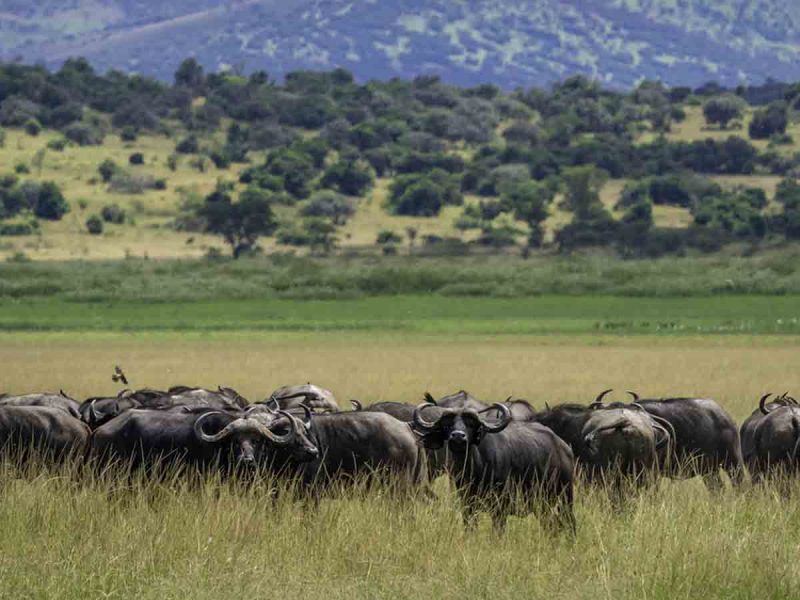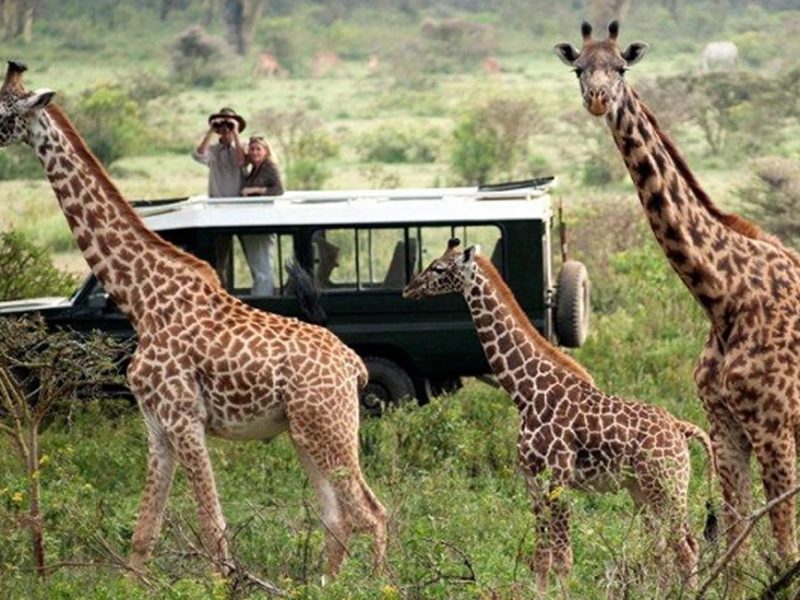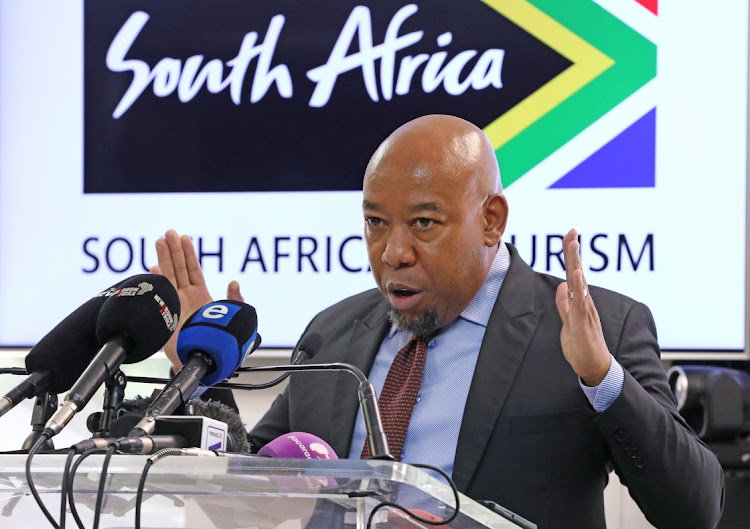
South Africa Tourism To Advertise With Tottenham Hotspur
In 2018, Rwanda become the first country in the whole world to advertise through a tagline on a sleeve of a sports clubs in the United Kingdom. The Rwanda marketing efforts have received a number of mixed reactions but it seems it was a well thought through move.
Once Rwanda adopted this marketing strategy, they more than doubled the cost of gorilla trekking permits. They also opened a number of luxury lodges which is an integral part of the Rwanda luxury gorilla safaris. 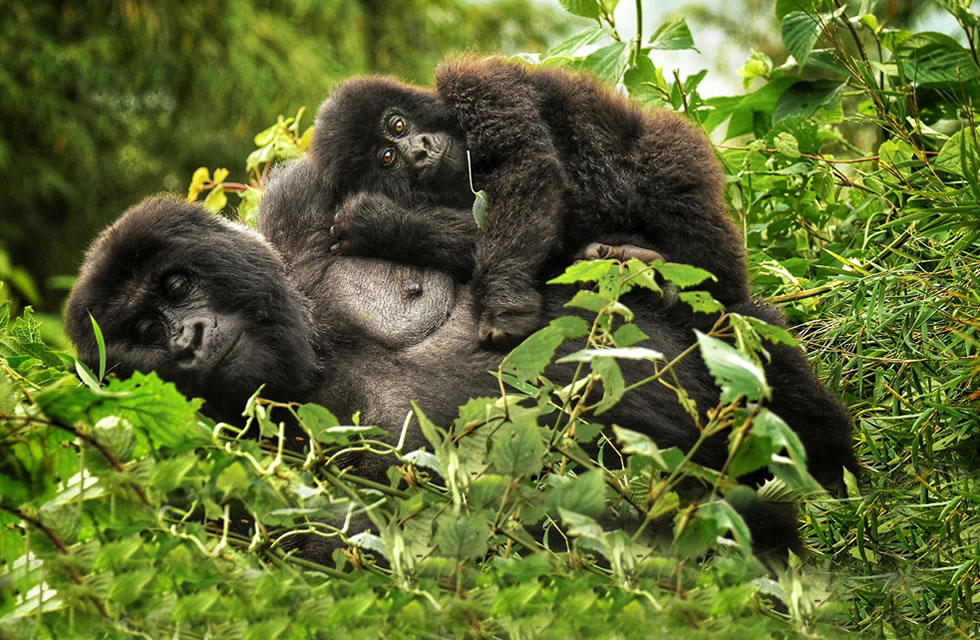
While many people mainly focus on the statistics of the arrivals, they never realize that Rwanda revised most of the prices for their safari packages. Even though the arrivals have not yet doubled, the earning have more than doubled.
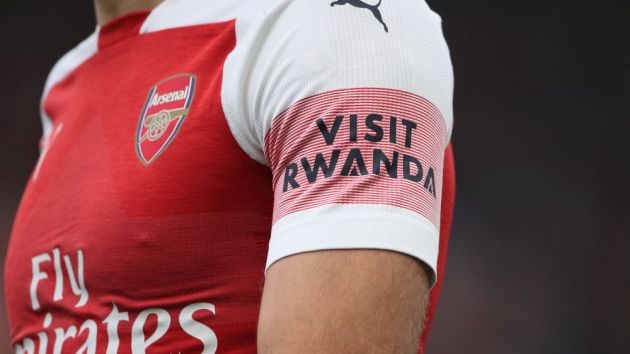
South Africa is attempting a similar move. They want to have the “visit South Africa” tagline on the sleeve of Tottenham Hotspur jersey. This will cost them 42.5 million pounds in a period of years. For the case of Rwanda, the deal is costing them 10 million pounds every year.
The South African deal has sparked rage among a number of South African claiming it is not a fair deal in the midst of load shedding, poor service delivery, high inflation, unemployment and rising cost of living in South Africa.
It should be noted that before the covid-19 pandemic, South Africa used to receive an average of 10 million tourists every year. For the last two years, South Africa has received less than 3 million tourists per year.
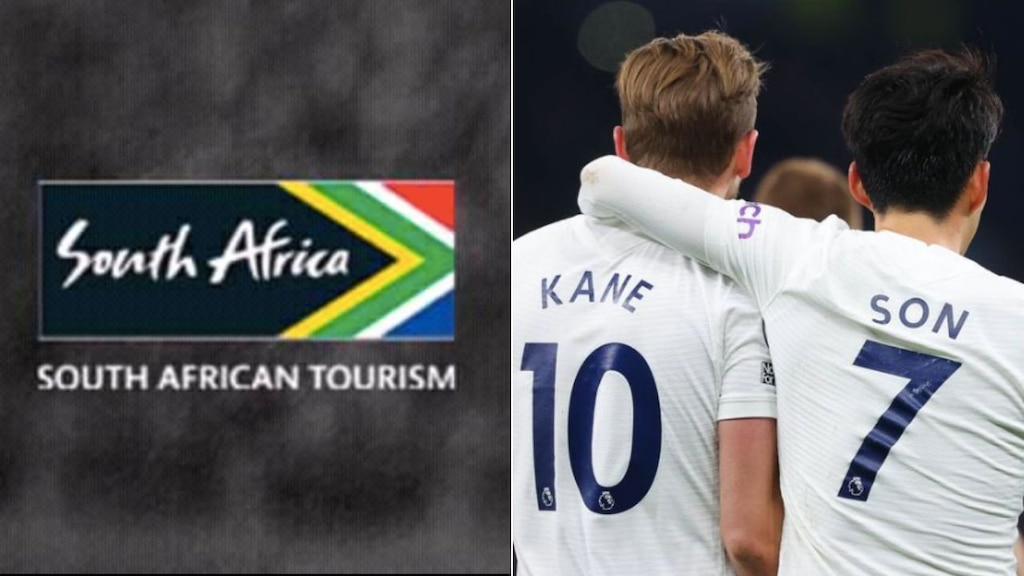 According to the acting CEO of South Africa tourism Themba Khumalo, the Tottenham deal will bring them sure returns. He said the deal has nothing to do with football but having access to the audiences of Football. The 1 billion Rand deal is expected to bring returns of 6 billion rand in a period of 3 years.
According to the acting CEO of South Africa tourism Themba Khumalo, the Tottenham deal will bring them sure returns. He said the deal has nothing to do with football but having access to the audiences of Football. The 1 billion Rand deal is expected to bring returns of 6 billion rand in a period of 3 years.
South Africa mainly offers beaches, desert & Savannah wildlife safaris, and hiking/mountaineering safaris. It still no clear whether the Rwanda sleeve marketing deal is a reliable booster of tourism but South Africa tourism team believes it will more than triple their tourism returns.

